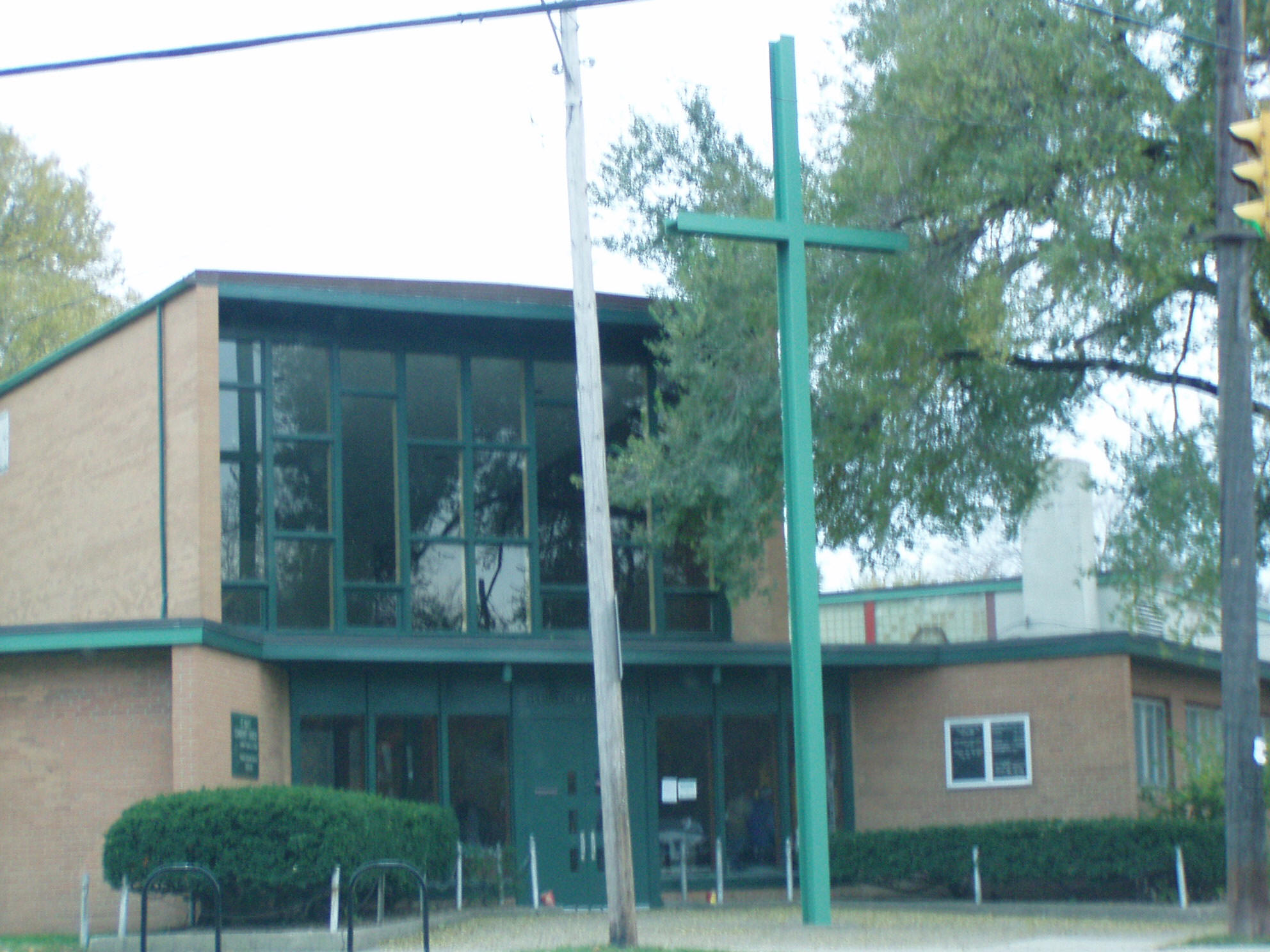Solution: Part II
The second aspect of my proposal is directed towards Puerto Rican women. It involves adding a program to the Free Medical Clinic of Greater Cleveland. The Free Medical Clinic of Greater Cleveland is composed of an Acute Care Clinic, Adult Primary care Clinic, Teen Clinic, Women’s Clinic as well as other specialty clinics. They offer free rapid HIV testing as well as a Syringe Exchange program (13). It is located on 12201 Euclid Avenue and is only six miles away from Clark Fulton, which is a 15 minute RTA public bus ride away (10). Although the clinic provides many resources, the hours are limited and it does not have childcare. My proposition would include adding a program offered on weekends so more people would be able to attend the program. It would also provide childcare for those hours and immediately after the programs are finished, rapid HIV tests would be offered.

The program is called “Saturday lunch with a punch,” and is an assertiveness training seminar. The seminar sessions would be a month long, consisting of four 1.5 hour long sessions. Women would be recruited from battered shelters and women’s church groups. Women would also be given information about this program at a women’s night offered at Lincoln West high school once a week (19). It is important for workers to make efforts to retain a clear perspective of the social realities in the Puerto Rican culture. They should also be aware of the sociocultural context of relationships (machismo and marainismo) (35). The employees would be trained to understand the lifestyle of Puerto Rican clients and how to address them. The workers would also be trained in how to approach people with little education and low levels of acculturation because those clients tend to have more erroneous beliefs about STD prevention (B3). The seminar would involve both women who have not been abused and those that have. It would discuss prevention as well as information about spreading STDs. Assertiveness and negotiation of safe sex can be empowering skills for women if they are provided adequate support to carry their decision (37). All women who participate would be assessed for risk of domestic violence because it is important that the workers identify the problem as well as provide options for women are being abused (29). If a woman was found to be abused, she would be directed towards resources that could help her. By increasing the ability for women to have power in their romantic relationships, the capacity for them to make their own decisions about sex as well as discussing sex risks with their partner becomes easier. According to a study of Puerto Rican women, higher levels of communication about HIV directly relates to increased condom use (39). Highly committed women who are more invested in their relationship than their partners were also found to be less powerful in the relationship and had low rates of condom use. Researchers found that these women would often avoid discussions of condom use because they feared confrontation with their partner, even at the expense of self protection (39). The last aspect of the program that needs to be addressed is religious affiliation. Because many of the women would be recruited from churches, it is important that a spirituality/religiosity component is included in the program (20). Many participants use religious precepts to establish behavioral standards for themselves and should be encouraged through spirituality to address the problems. A study of Puerto Rican women found that religious women tended to be more sex-role traditional and less assertive then non religious women (33). If employees running the seminar would connect the Bible to assertiveness by providing examples from the text that proves women can have power in their relationships, the program would be more effective.

If 35 people come to each seminar, lunch would cost $200 each week or $800 per session, accounting for children as well. The cost of childcare would be $40 each seminar or $160 for the month long session (31). Two nurses would be working during the Saturdays, a HIV/AIDS specialist and an assistant. The cost of a specialist would be $40 an hour or $240 a month (38). The nursing assistant would be paid $30 for two hours, or $120 a month (27). The cost of administering 35 HIV tests would be $525 (30). $500 would be provided for materials for the seminar. The total cost would be $1820 per session. If there are 12 sessions each year, the cost of the program would be $21,840 annually. If this program prevents the spread of 5 infections each year, it saves the Cleveland AIDS taskforce $1048160. The money is saved because for 12 years of treatment for five cases, the cost would be $1,070,000 and because the state will be forced to pay for most of the treatment since the area in economically depressed, the state would be burdened with medical costs (7).